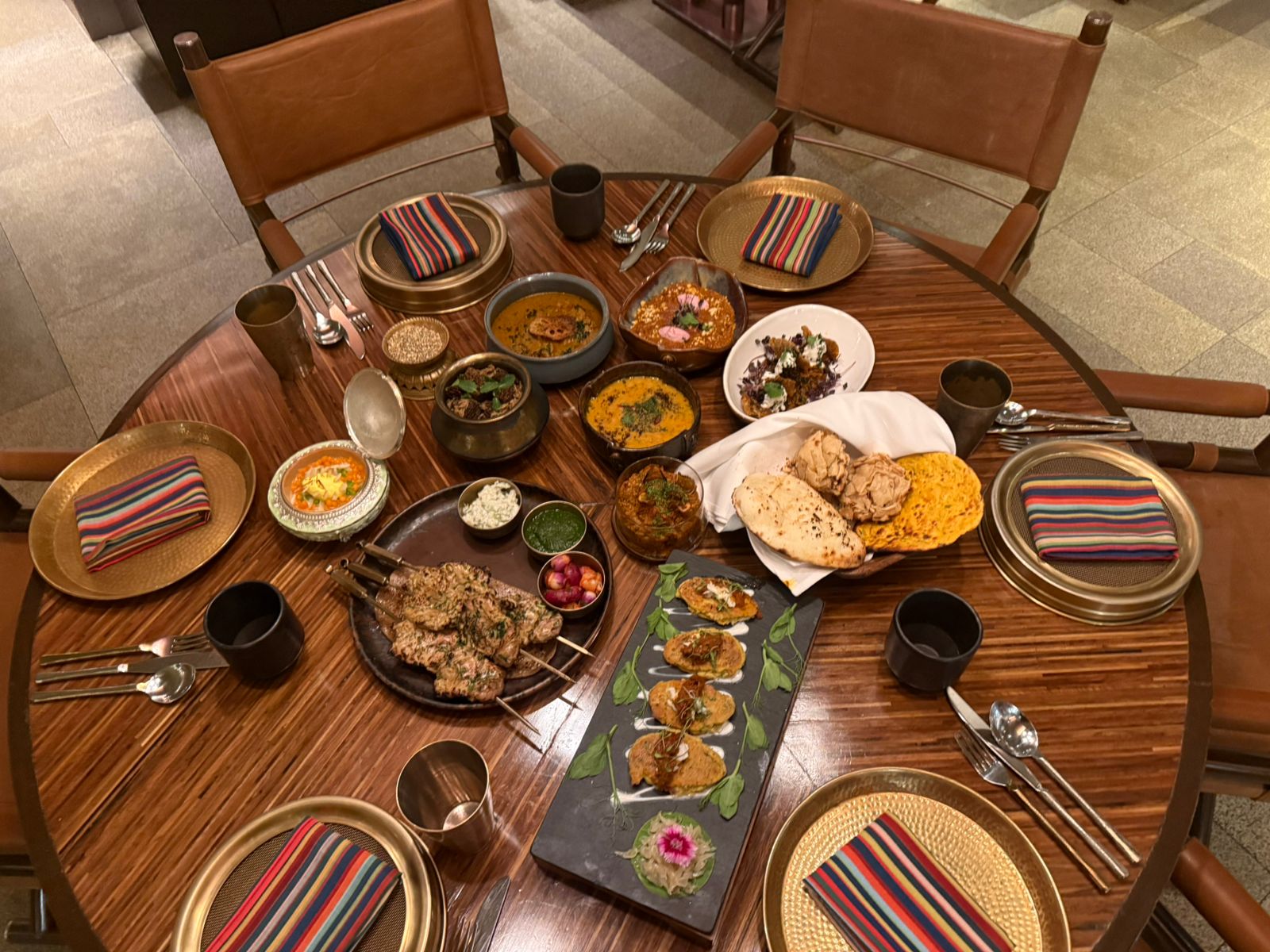As the year 2021 nears its end, astronomy enthusiasts are in for a treat. A partial lunar eclipse will take place on 19th November 2021, Friday which is a full moon night. This lunar eclipse is the second one this year, with the first one being a total lunar eclipse on 26th May 2021. For the unversed, a lunar eclipse occurs when the Earth comes between the sun and the moon. Since this is a partial lunar eclipse, the Earth will not be able to completely cover the moon due to planetary alignment. Thus, a tiny portion of the moon will still remain visible during the eclipse.
It's an almost total eclipse of our heart! ????????
The Moon will pass through Earth's shadow tonight for the longest partial lunar eclipse of the century. Catch the show from 11:19pm to 2:47am, with the peak occurring at 1:03am PT: https://t.co/TxzEDhZiVvpic.twitter.com/hYfeFcmMQX— NASA Ames (@NASAAmes) November 18, 2021
Date And Time Of Partial Lunar Eclipse 2021
The partial lunar eclipse will take place on 19th November 2021. It is also a full moon night today, also known as Kartik Purnima as per the Hindu calendar.
The timings of the eclipse are from 12:48 pm to 4:17 pm as per Indian Standard Time (IST). The maximum partial eclipse will be visible at 2:34 pm as 97% of the moon will be covered at that time. The total duration of the Chandra Grahan is three hours and 28 minutes.
Source: timeanddate.com
Moongazers unite! The longest partial lunar eclipse of this century will occur overnight, peaking early Nov. 19 at 4:03am ET (09:03 UTC).
Find out what parts of the world will be able to see it: https://t.co/wEuWtoZCMlpic.twitter.com/xtXjwbgvnl— NASA (@NASA) November 18, 2021
Significance Of Lunar Eclipse 2021 | Partial Lunar Eclipse
Interestingly, the Lunar eclipse on 19th November will be the longest in duration since the 15th century! This makes it the longest partial lunar eclipse of this century, and also the longest one in 580 years. The next eclipse this long is expected to occur at least 600 years later.
Scientists at NASA are referring to this eclipse as an 'almost total' lunar eclipse, as 99.1% of the moon will be covered by the Earth. A few parts of the Western Hemisphere may also see the moon turning deep red as it passes into the Earth's shadow.
Where Is Chandra Grahan Visible? Is Lunar Eclipse 2021 Visible In India?
The lunar eclipse will be visible from North and South America, Australia, and parts of Asia and Europe as well. In India, the Eastern and North-Eastern parts of the country may happen to catch a glimpse of the eclipse in its last phase. Parts of Arunachal Pradesh and Assam can watch the eclipse. The partial eclipse may also be visible from Uttar Pradesh, Bihar, and Jharkhand but only for a brief period.
There is a partial lunar eclipse tonight!
Most of the Western Hemisphere will be able to see the Moon turn red as it passes into Earth's shadow. The eclipse will last 3 hours, 28 minutes and 23 seconds.
Learn more: https://t.co/1tM3BHuXE2pic.twitter.com/p0YUE1GSYX— NASA Sun & Space (@NASASun) November 18, 2021
Do's And Don'ts During Lunar Eclipse 2021
We have commonly heard the advice that it is not suitable to eat or drink during the period of the eclipse. Some say that the body may be exposed to harmful radiation during the lunar eclipse, which is why we must not step outdoors. However, these are nothing but myths and do not have any scientific evidence to back them up.
Experts suggest eating when you are hungry and avoid eating heavy food if possible. Nutritionist and Macrobiotic Health Coach Shilpa Arora recommends a light diet to let your energies heal during the lunar eclipse. "A diet of Banana and coconut water is highly recommended for the day so that the body does not have to work on digesting food constantly," says Shilpa Arora.
It is also completely safe to view the lunar eclipse directly with the eyes. However, experts suggest using web streaming or telescopes for better viewing purposes.
When Is The Next Eclipse In 2021?
This partial lunar eclipse on 19th November 2021 was the second and last lunar eclipse of this year. Lunar eclipses, however, are also closely followed by solar eclipses within the next couple of weeks. This year, the next eclipse is a total solar eclipse on 4th December 2021.
About Aditi AhujaAditi loves talking to and meeting like-minded foodies (especially the kind who like veg momos). Plus points if you get her bad jokes and sitcom references, or if you recommend a new place to eat at.











